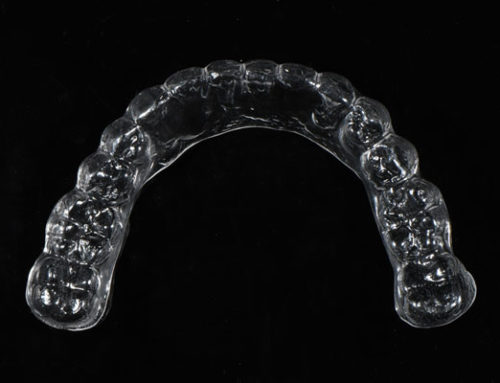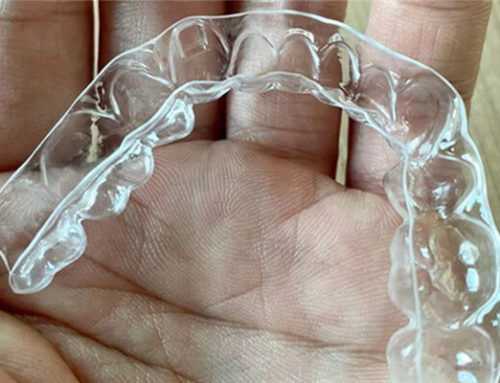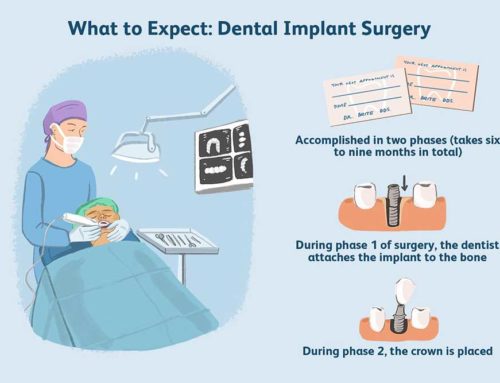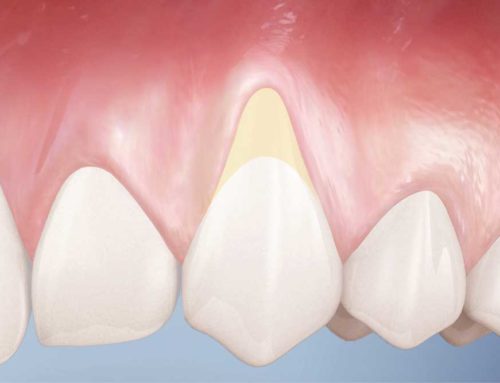Dental implants have changed millions of lives around the world. Their ability to imitate natural teeth is so impressive that patients often forget that they have had a transplant.
When your natural teeth cannot be preserved, your dentist will offer several options. The most effective solution is implantation. It requires almost no maintenance and can be used for a lifetime.
The cost of dental implants worries many patients. However, saving on dental restoration surgery now may reduce your quality of life in the future. Let’s talk about the typical cost of dental implants so that it won’t be surprising.
We will discuss:
- How much does a dental implant cost
- Breakdown of the cost of dental implants
- If dental insurance includes implants
- Ways you can afford dental implants
- If dental implants are worth the investment
1. How much does a dental implant cost?
The average cost of dental implants is between US$3,000 and US$5,000. It includes the placement of columns, abutments and crowns. Separate charges apply to bone grafts, tooth extractions, CT scans, and x-rays. Additional factors that affect cost include:
- Experience: The more experienced your dentist is, the higher the fees they will charge because working with first-class professionals will minimize the risk.
- Material: Implants are usually made of titanium or zirconium. The quality of these materials determines the price.
- Preparatory surgery: If additional preparatory surgery such as tooth extraction, maxillary, bone grafting, etc. is required, the cost of implantation will increase.
- Dental Laboratory: The price of dental crowns depends on the dental laboratory where your dentist works.
- The total cost of dental implants depends on the location of your dentist.
- Each case is highly customized to fit a specific implant. This is why the cost may vary from person to person.
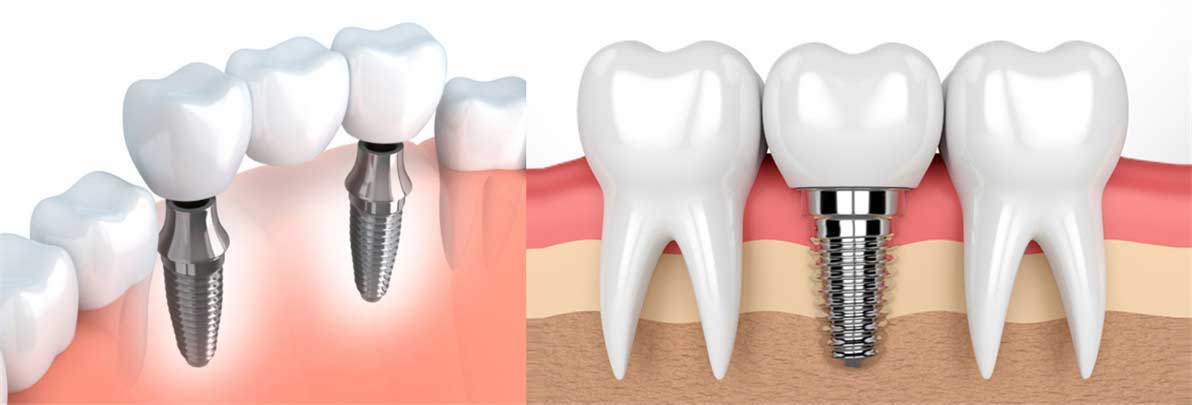
Dental implant cost breakdown*
- Post: 1000-3000 USD
- Abutment and crown: 1,000 to 3,000 dollars
- Bone transplantation: US$200-3000 (depending on the complexity of the operation)
- Tooth extraction: $75-$650 (depending on complexity)
- CT scan: 250-1000 USD
- X-ray: 20-200 USD
These are national average prices. They do not reflect the prices of distinctive dental care companies.
It is important to understand that with proper care, dental implants can last a lifetime. By investing time and money in these things today, you can save yourself a lot of worry and effort in the future.
Compared with other filling programs, this method has a higher return on investment. Unlike dentures and bridges, they do not require you to change healthy teeth or replace them regularly. With dental implants, you don’t need to practice eating or talking. They feel like your natural teeth.
2. Is dental implant insurance included?
Implants are generally not covered by dental insurance. Some suppliers may provide partial insurance for dental implant crowns.
Although dental implants are becoming more and more popular because of their high efficiency, insurance companies still consider this to be elective surgery. Over time, insurance companies may realize that this approach has long-term benefits for patients compared to other missing tooth replacement options.
If your insurance does not cover dental implants (or only covers a small part), you can ask for a treatment subsidy equivalent to a dental bridge or traditional dentures.

According to Investopedia, the best dental insurance covering implants are:
- Delta Dental Insurance
- Denali Dental
- Mental Dentistry and Vision
- Ameritas
- Cigna Dental
By researching these and similar options, you can enjoy affordable dental implants rather than settle for cheaper surgery. It is important to ask the dental insurance company in advance because approval of certain plans may take a while.
3. How to pay for dental implants?
If your dental insurance does not cover implants and you do not have the time or opportunity to change suppliers, there are some other ways you can afford this process.
3.1 Dental loan
A dental loan is a personal loan that can help you pay for expensive surgery, such as dental implants. When choosing a suitable dental loan to cover the cost of implantation, please pay attention to the following factors:
- Annual interest rate
- Extra cost
- Approval of
- Requirements (minimum income, credit score, etc.)
You can also consider using CareCredit. This medical credit card comes with a variety of plans to help pay for the implant surgery.
Take a moment to shop around and find the best solution.
3.2 Internal payment plan
Many dentists offer internal payment plans. Each case is negotiated individually. This type of plan is usually easier to afford than loans. The setup is also easier with them.
You only need to pay a small amount of money on your balance until you have paid for the entire implant operation.
3.3 FSA, HRA or HSA
If dental implants are not installed for cosmetic reasons, then dental implants are an eligible expenditure for your flexible spending account (FSA), health compensation account (HRA) and health savings account (HSA).
If you have one of these accounts, you can reduce the financial burden of installing dental implants.
4. Why is a dental implant worth investing in?
Today, dental implants are the most effective way to replace missing teeth. Those who choose dental implants do not have any discomfort when chewing, smiling, or talking, and lead a normal life.
Patients who are afraid of the cost of dental implants can choose between two options: dentures or bridges.
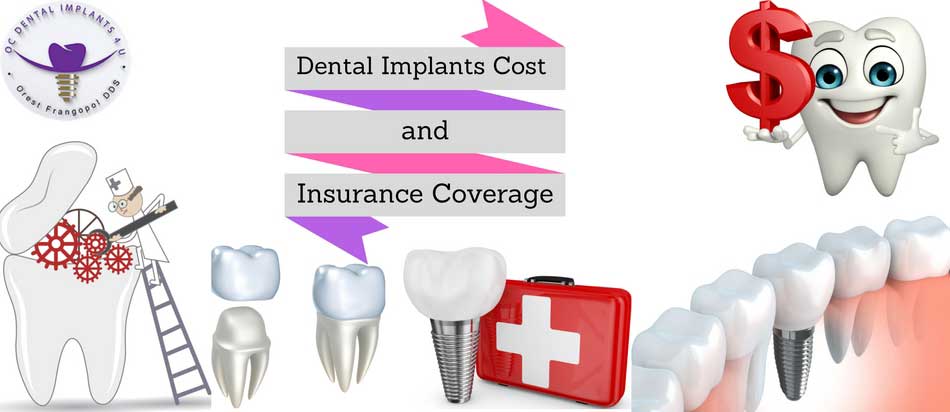
Unfortunately, both of these options have serious disadvantages:
Bridges-healthy teeth need to be shaved to install a bridge. When more than two adjacent teeth are missing, this is not an effective solution. The bridge is difficult to clean.
Dentures-Dentures take some time to adapt (both speaking and eating require practice). They require special care and timely replacement. Improper installation can cause gum infection. Inappropriate dentures will slip around the mouth, making it difficult to speak, eat or smile.
In the long run, both of these options may cause additional teeth and gum problems. They also need to be replaced regularly. Although the initial cost of dental implants is higher, in the end, you may have to spend more money to maintain bridges and dentures and solve new problems they may cause.
It is worth noting that not all patients are eligible for dental implants. Want to know if you are qualified, talk to your dentist.
5. Dental implant cost: Conclusion
As each case is different, the cost of dental implants is also different. This depends on many factors, from the experience of the surgeon to the number of initial treatments. Although insurance usually does not cover dental implants, there are many ways to help people afford them.
